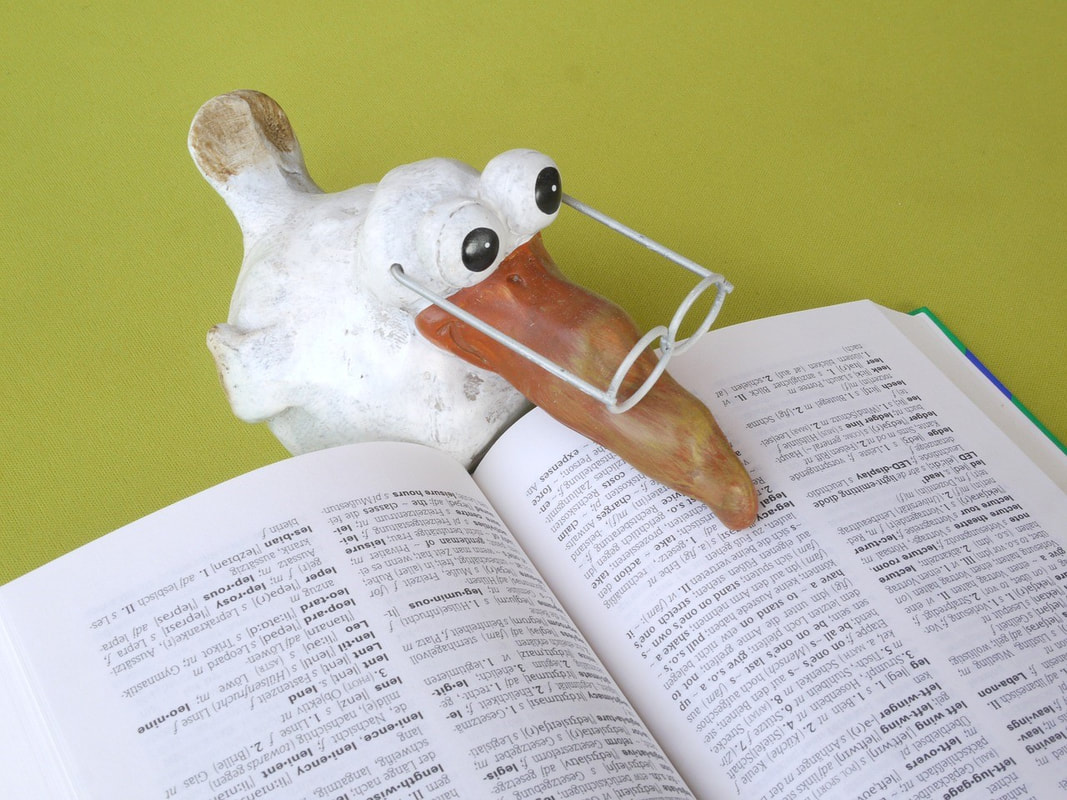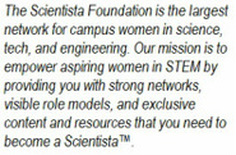|
By Lauren Oying
Online learning is still an experiment by and large, but it is a work in progress that’s here to stay. The Covid-19 pandemic has accelerated its widespread use and forced everyone to reckon with this new form of instruction. The NYS Education Department sent a memo earlier this year already extending flexible distance learning policies into the end of the Spring 2021 semester. These types of extensions cannot eliminate the challenges to online learning altogether, but they do provide ample time and opportunities for educators and administrators to fine-tune the methods, modes and strategies that will ensure the smooth and efficient delivery of education. Educators are now looking to their international counterparts for best online learning practices. On that note, below is a list of notable developments from other countries and their approach to online learning.
2 Comments
By Tysheka Finney Community or junior college is a growing trend in higher education, offering various college courses as well as vocational and technical programs, such as industrial engineering and culinary arts. My journey through higher education has led me to community college, which has proven to be a great experience.
By Amy Massack Asking for a letter of recommendation is never an easy process. Whether you’re an undergraduate applying to professional programs (e.g., medical or physician assistant school), applying to graduate school, or trying to land your first real job, it’s a stressful (but necessary) transitional period in university life. Although it may seem daunting at first, asking for a letter is an essential skill one must develop as an adult entering the professional world.
By Anna Groves
Hello, my name is Anna, I’m a grad student, and I’m an ESFJ. “Hi, Anna.” Many don’t put a lot of stock into Meyers-Briggs and other personality tests, but the majority seem to gush over how accurately the tests “get them.” I’m with the majority.
By Jessica Khaimova
This article is part of a new series “Astronomy Across the Pond,” in which writer Jessica Khaimova shares her experience as a scientista studying abroad. While growing up in Brooklyn, two of my main goals were to study astronomy and live in the UK. Well, just last year, I found out that I was selected for a Fulbright postgraduate award to pursue my master’s in astronomy in England. It was a bit of a shock as I had a slim chance of getting it, but I had somehow achieved my dreams.
By Katherine Du
Furiously copying down commands of code in freshman computer science, I felt overwhelmed exploring a field so foreign to me, along with the added on pressure of thinking in the back of my mind that the boys already had years of CS experience before even walking into class. However later in the year, while brainstorming ways to combat the lack of healthcare records when they are urgently needed in the cases of emergencies, I concluded that the optimal solution to solve the problem would include creating a mobile application. That’s when I first became directly aware of the applications of computer science. When it hit me that computer science had the potential to drive positive change on a global scale, I started to nurture my love for the subject. At the same time I was slowly familiarizing myself with programming languages in school, outside of the classroom I was collaborating with a few other teammates to create this mobile application.
By Darren Incorvaia
Last week I had the infinite joy and pleasure of presenting my research at my university’s student colloquium. This was undoubtedly an invaluable experience, and also one that almost killed me. Now that I’ve had time to heal from this traumatic experience, I’d like to present some thoughts:
By Amy Chan
Got a big-name professor coming to town? Paralyzed with adoration, but don’t know what to say? Well, you’re not alone. Many of us find networking difficult—even intimidating—and end up at a loss for words at the most important moments. Here, we ask three senior academic staff a series of questions to find out how they approach new contacts and build professional relationships, with helpful tips straight from the horse’s mouth. (Disclaimer: the responses that follow are personal views and do not necessarily reflect the positions and opinions of the author, the editorial staff, or The Scientista Foundation.)
By Scott Rhodes
2.5 quintillion bytes of data is generated every day. That’s the equivalent of 3.3 billion copies of Thriller or 6.8 billion episodes of Mad Men. Every day. Technology clearly dominates daily life. More than just cell phones and laptops, there are now smart refrigerators, watches, GPS systems and more. Big data is everywhere — and it’s not going away anytime soon. Because of this, there’s a growing demand for big data analysts who can interpret the information and glean customer insights. Here are five reasons why students should consider earning big data analytics degrees: 8/31/2016 0 Comments A Few Words of Advice From a 1st-Year Graduate Student to My 1st-Year Undergraduate Self
By Ellice Patterson
Dear Baby First Year: Wow, I don’t recognize you. And, I mean that in the best way possible. You will come so far in your journey through college and will transform into a successful young woman. There’s going to be some hard moments and great moments along the way. Take it all in because that is your college experience: wonderful, trying, and worth it. For the hard moments, here are a few words of advice that I wish I’d known when I was you. |
Education BlogAbout ScientistaSubscribe!NEW!New PostsWhat's HotClick to set custom HTML
You Might Like...
Connect With UsLatest tweets |
The Scientista Foundation, Inc. All Rights Reserved © 2011-2021 | Based in NY | [email protected]
The Network for Pre-Professional Women in Science and Engineering
The Scientista Foundation is a registered 501(c)(3) -- Donate!
The Network for Pre-Professional Women in Science and Engineering
The Scientista Foundation is a registered 501(c)(3) -- Donate!






 RSS Feed
RSS Feed









